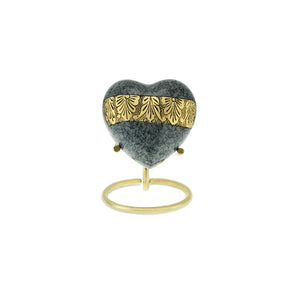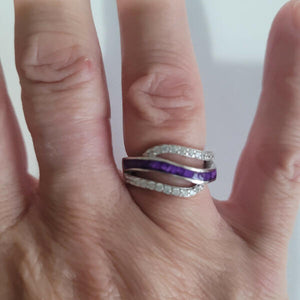Death survey shows that Brits still can't talk about dying

A recent death survey asked 30,000 adults from around the country, death-related questions.
Who organised the Making Peace with Death Survey?
The Making Peace with Death Survey was organised by the Co-op, along with the British Red Cross Society. Several bereavement charities including, Child Bereavement UK and More than Words are also involved. They believe that by investigating the nation's attitudes to dying, death, and bereavement, better social support services can be put in place.
The surprising figures
Nearly one-third of all UK adults admit to feeling uncomfortable talking about death and related matters. Young people find it harder to talk about death than older people, and women generally find it easier than men.
Our own mortality
Thirty-five per cent of the people questioned in the death survey admitted to thinking about their own death at least once a week but most don't talk to anyone about it. By the age of 26, most of us have considered our own mortality. This can be due to making a will (14-percent), terrorism (13-percent), or a news report(16-percent). Fifteen-percent start thinking about their own death after a medical diagnosis. Twenty-two-percent when reaching a milestone age, and 28-percent on the death of a member of the family.
Loss of a loved one
The death survey reveals that by the age of twenty most people have experienced the death of a close family member or friend. While 24-percent had lost someone before they were ten, and within the last 5-years, 5 percent of adults had lost three close people.
Fifty-two percent of recently bereaved people said the hardest time was on receiving the news of the death, while 46-percent said it was the funeral. Sixteen-percent of those who had suffered a bereavement in the last 5-years did not tell anyone else.
Why do we need to talk about death?
Only by talking and expressing their feelings can people encounter the support and help they need when facing death, dying, or bereavement. Whether they are facing their own death or coping with the loss of another, people are feeling lonely and isolated. Many people suffer alone, unaware that others are able and willing to help them.
Counselling, peer-support and listening services can help people to understand the impact a death has on their life. It can guide them to rebuild and continue. To understand and accept their grief, anger or denial. Yet, the study reveals that currently, only two-percent of adults have received bereavement counselling.







